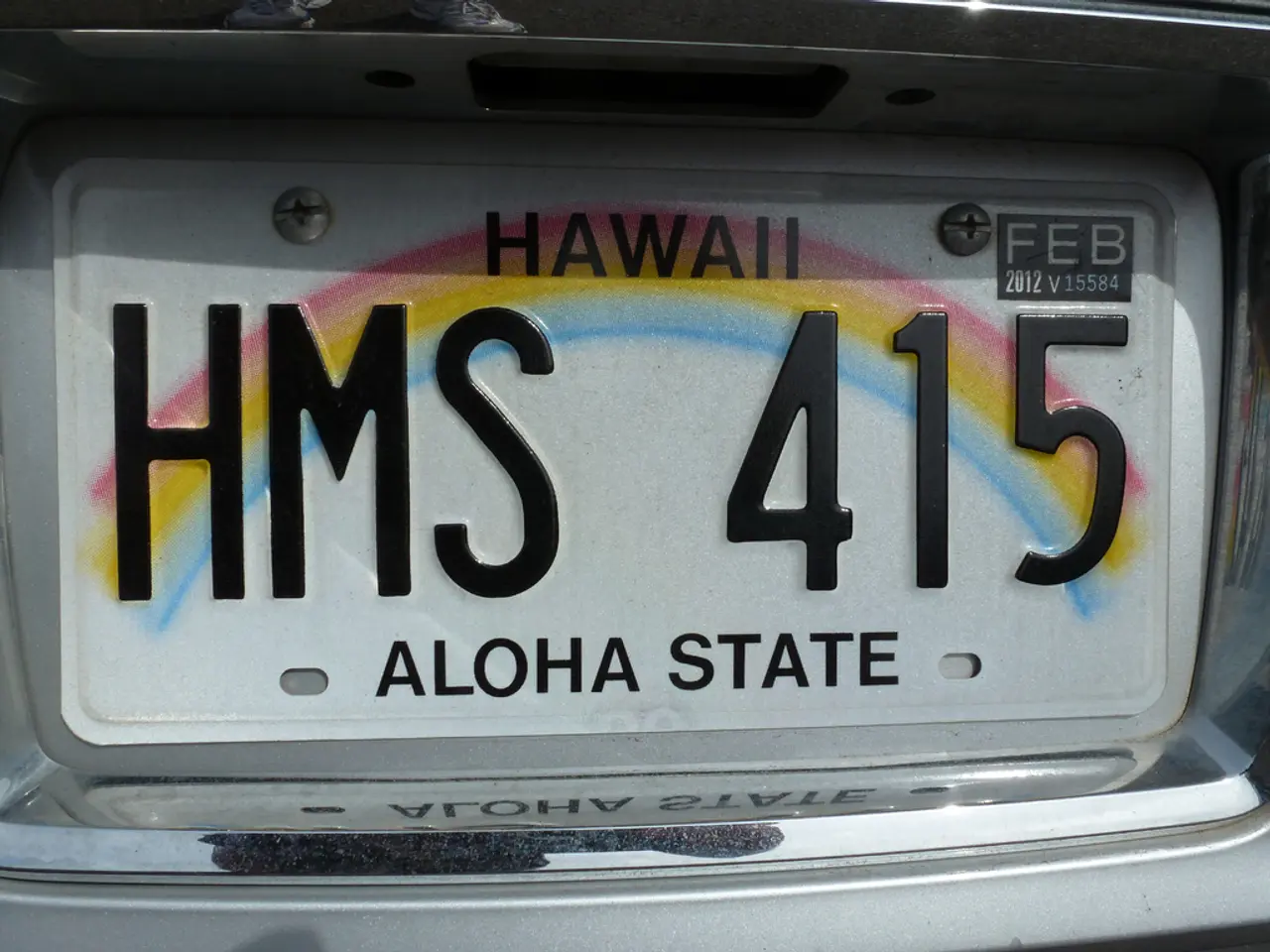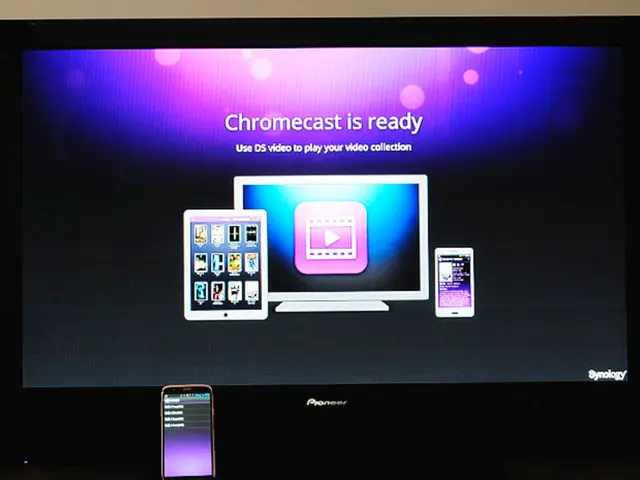Hawaii Introduces Legislation Targeting Secretive Gambling Practices
Mayor Rick Blangiardi of Honolulu, the capital city of Hawaii, has signed three bills into law, marking a significant step in the fight against illegal gambling, particularly the rise of backroom gambling and game rooms on Oʻahu.
The enacted bills—Bill 11, Bill 12, and Bill 13—are designed to empower city agencies and law enforcement to more effectively shut down illegal gambling activities and address related public safety concerns.
Bill 11, CD2, FD1, targets electronic video amusement devices often used to conceal gambling. It requires public establishments to obtain a permit from the Honolulu Police Chief to operate such devices. If the permit is not obtained, the device must be forfeited. The Police Chief can deny permits if the placement of the device is likely to increase criminal activity, vandalism, noise, traffic congestion, or litter. Establishments with permits must allow police inspection of the devices and related records. This bill also creates fines for businesses housing illicit gambling devices.
Bill 12 grants the Honolulu Department of Planning and Permitting (DPP) the authority to deny permit applications for properties that have been cited for gambling-related public nuisances within the previous two years. It enhances coordination between DPP and the Honolulu Police Department (HPD) to enforce code violations specifically related to illegal gambling nuisances.
Bill 13 allows landlords to request a police escort during inspections of private properties for nuisance claims, including gambling-related issues. Police officers accompanying landlords are authorized to document violations, unsafe conditions, and to order unauthorized persons to leave. This measure formalizes collaboration between landlords and HPD in addressing illegal gambling operations in properties.
These bills reflect a concerted effort to combat illegal gambling dens that local officials and communities say have contributed to violence, drugs, and other vices, improving neighborhood safety and quality of life on Oʻahu.
With these new laws in place, law enforcement will be able to fine businesses with illicit gambling equipment, according to Bill 11. The increased powers enable the shutdown of illegal gambling activities, bringing a sense of security and order to the city of Honolulu.
- The fight against illegal gambling in Honolulu receives a boost with the recently signed bills.
- Bill 11 targets electronic video amusement devices often found in gambling activities.
- Public establishments must now obtain a permit from the Honolulu Police Chief to operate such devices.
- Permits can be denied if the placement of the device increases criminal activity.
- Establishments with permits must allow police inspection of devices and related records.
- Bill 11 creates fines for businesses housing illicit gambling devices.
- Bill 12 grants the Honolulu Department of Planning and Permitting the authority to deny permits based on gambling-related public nuisances.
- Bill 12 enhances coordination between DPP and the Honolulu Police Department.
- Bill 13 allows landlords to request a police escort during inspections of private properties for nuisance claims.
- Police officers accompanying landlords can document violations and unsafe conditions.
- Bill 13 formalizes collaboration between landlords and HPD in addressing illegal gambling operations.
- These bills aim to combat illegal gambling dens contributing to violence and drugs.
- The new laws aim to improve neighborhood safety and quality of life on Oʻahu.
- Law enforcement will be able to fine businesses with illicit gambling equipment.
- Increased powers enable the shutdown of illegal gambling activities.
- The sense of security and order in the city of Honolulu is expected to improve.
- The interior-design industry may see changes as a result of these laws, with establishments updating their spaces to comply with the new regulations.
- Finance and investing sectors may expand as individuals and businesses look for wealth-management and smart-home-device solutions to secure their properties.
- Cooking enthusiasts might find new recipes for global-cuisines, catering to the growing food-and-drink scene.
- The dining industry may see a shift towards family-dynamics-friendly establishments as parents seek safe environments for their children.
- Lifestyle blogs might focus on sustainable-living tips, with more emphasis on eco-friendly home-improvement projects.
- Love-and-dating platforms could offer advice on handling relationships in the context of increased law enforcement.
- Businesses might offer deals-and-discounts for car-maintenance services to cater to car-owners, a key demographic affected by the laws.
- Travel agencies may promote budget-travel, adventure-travel, cultural-travel, and pop-culture experiences to offer distractions from local concerns.
- Bookstores could see an increase in sales of books related to crime, law enforcement, and social issues.
- The technology industry, including gadgets like smartphones and wearables, could benefit from increased need for cybersecurity and data-and-cloud-computing solutions.
- Gardening enthusiasts might find solace in organic gardening and sustainable practices as part of the larger movement towards healthy-cooking and relationships.







